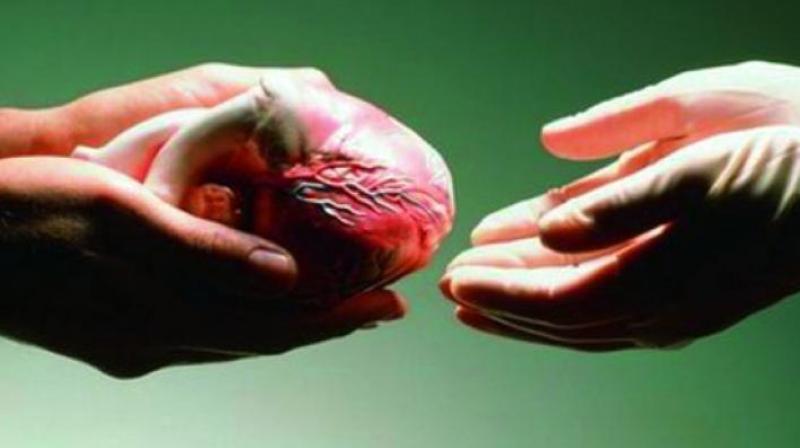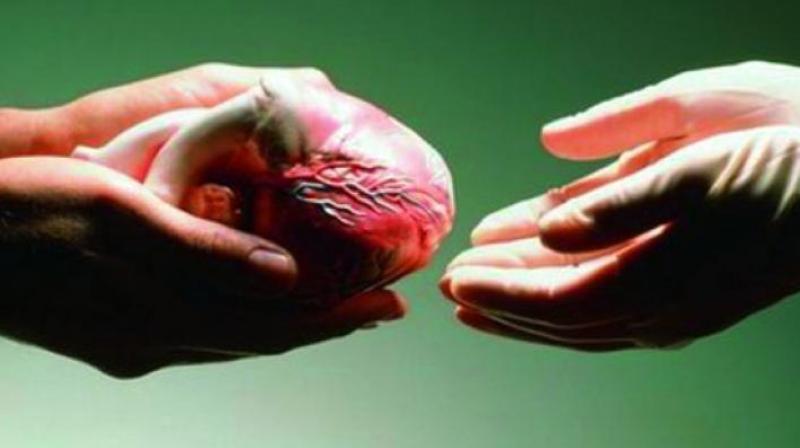
India’s healthcare landscape is undergoing a significant transformation, with organ transplantation emerging as an important aspect of modern medicine. This life-saving procedure offers hope to individuals facing end-stage organ failure, turning what once seemed like a death sentence into a chance for renewed life. The contributions of organ donors are not just about numbers; it’s about restoring lives that advance medical treatments gives for the patients a second chance at life.
Organ transplantation has gained momentum in India, a country with a vast and diverse population. Remarkably, India has seen a surge in the number of organ donors, making it a growing hub for transplantation procedures. In 2023 alone, India recorded an impressive 18,378 organ transplants, with 42 recipients receiving multiple organs. This achievement highlights the country’s growing capacity to meet the needs of patients not only within its borders but also from other nations, such as the UK and the US, who seek transplantation in India due to its advanced medical infrastructure and expertise.
The true impact of organ donation extends far beyond statistics. Each organ donor has the potential to save up to eight lives through the donation of vital organs, such as the heart, lungs, liver, kidneys, and pancreas and intestines. Tissues like skin, bones, and corneas can be donated, significantly improving the lives of many more individuals. For patients suffering from conditions like irreversible heart disease, cirrhosis, liver cancer, or kidney failure, a transplant offers a chance to lead a normal, healthy life, free from the burdens of ongoing, life-sustaining treatments like dialysis.
Heart transplants have provided new life to patients with severe heart conditions, allowing them to return to their families and communities with renewed vitality. Liver transplants have saved countless lives, offering a cure for patients with life-threatening liver diseases. Similarly, kidney transplants have liberated patients from the gruelling routine of dialysis, drastically improving their quality of life and overall well-being.
Beyond the immediate impact on patients, organ donation also plays a crucial role in advancing medical research and innovation. Transplanted organs provide invaluable insights into disease progression, immune responses, and potential therapies. This knowledge fuels the development of new treatments and improves patient outcomes, paving the way for future medical breakthroughs. The study of transplanted organs helps researchers understand how to better manage transplant recipients and potentially reduce the risk of organ rejection, thereby increasing the success rates of transplants.
To address the global organ shortage, several strategies are being implemented worldwide. Raising awareness about the importance of organ donation is paramount. Public education campaigns that dispel myths and misconceptions about organ donation, along with encouraging individuals to register as donors, are essential steps in bridging the gap between organ demand and supply.
Governments and healthcare systems play a pivotal role in promoting organ donation. Simplifying the donation process, providing adequate infrastructure for organ retrieval and transplantation, and implementing robust ethical guidelines are crucial to the success of any organ donation program. In India, initiatives like the National Organ and Tissue Transplant Organization (NOTTO) are working tirelessly to increase organ donation rates. These efforts involve collaboration between government agencies, healthcare providers, and non-profit organizations, all working together to create a supportive environment for organ donation.
While the challenges in increasing organ donation rates are significant, the potential impact is immense. Becoming an organ donor is one of the most powerful legacies an individual can leave behind. It is a gift that not only saves lives but also brings hope and possibilities to those in desperate need. The ripple effect of organ donation extends far beyond the recipients; it touches the lives of their families, communities, and society as a whole.
Organ donation is a transformative force in modern medicine. It saves lives, advances medical knowledge, and provides hope to countless individuals facing the daunting prospect of organ failure. By increasing awareness, simplifying the donation process, and creating a culture of altruism, we can work towards closing the gap between the demand for organs and the available supply. In doing so, we create a brighter and more hopeful future for patients in need of life-saving transplants.
By Dr. Hitesh Chavda, Director – GI Surgery & Liver Transplant, Sterling Hospitals
